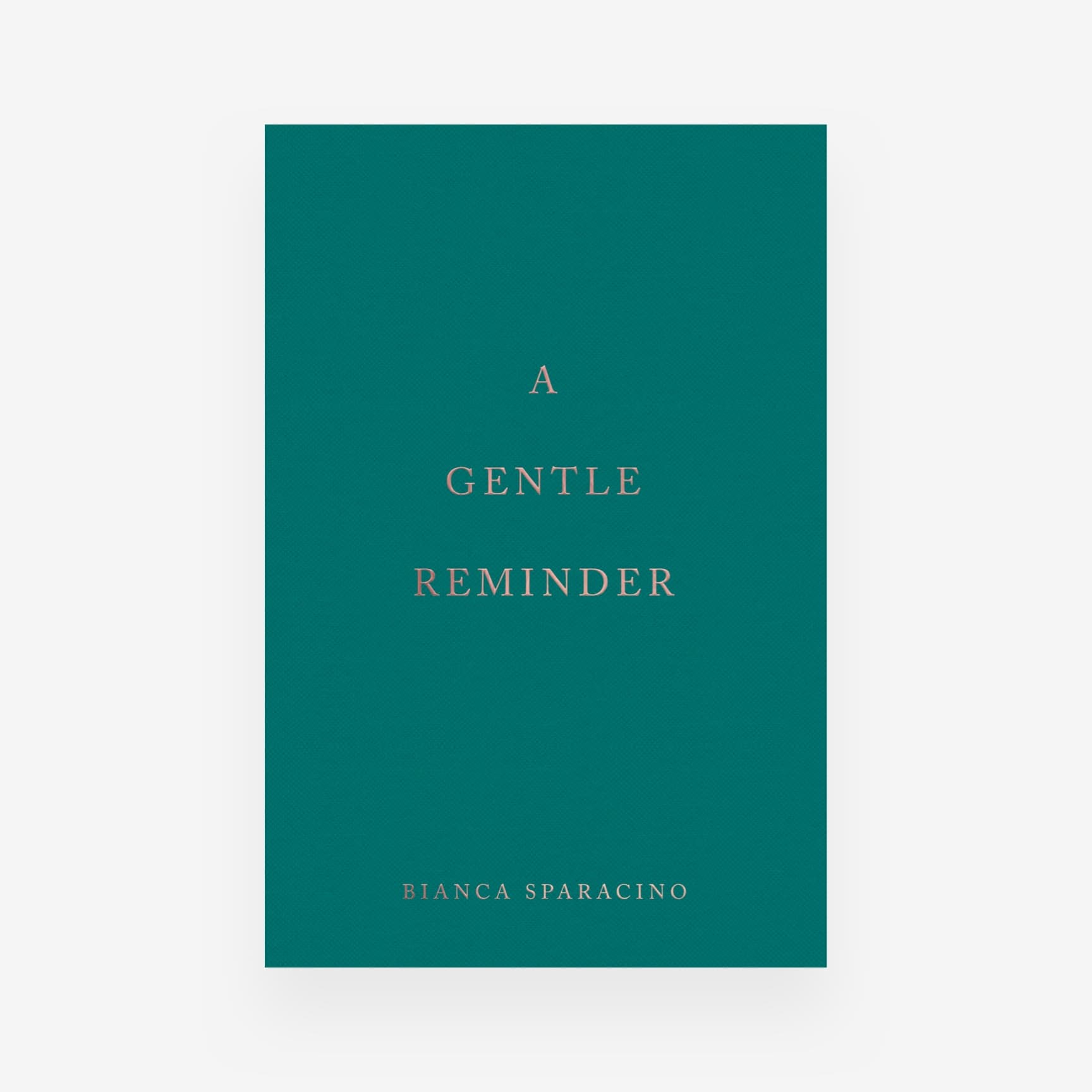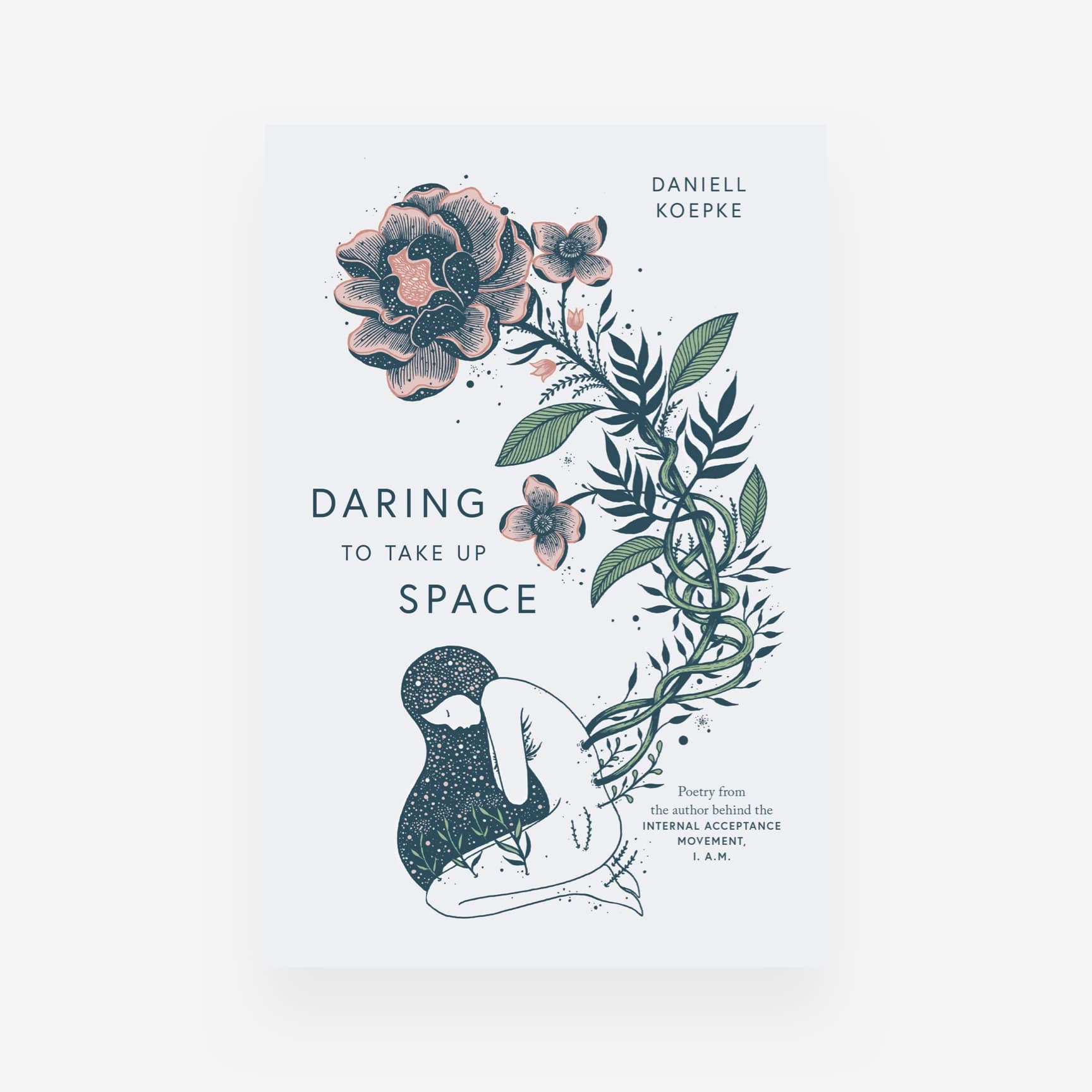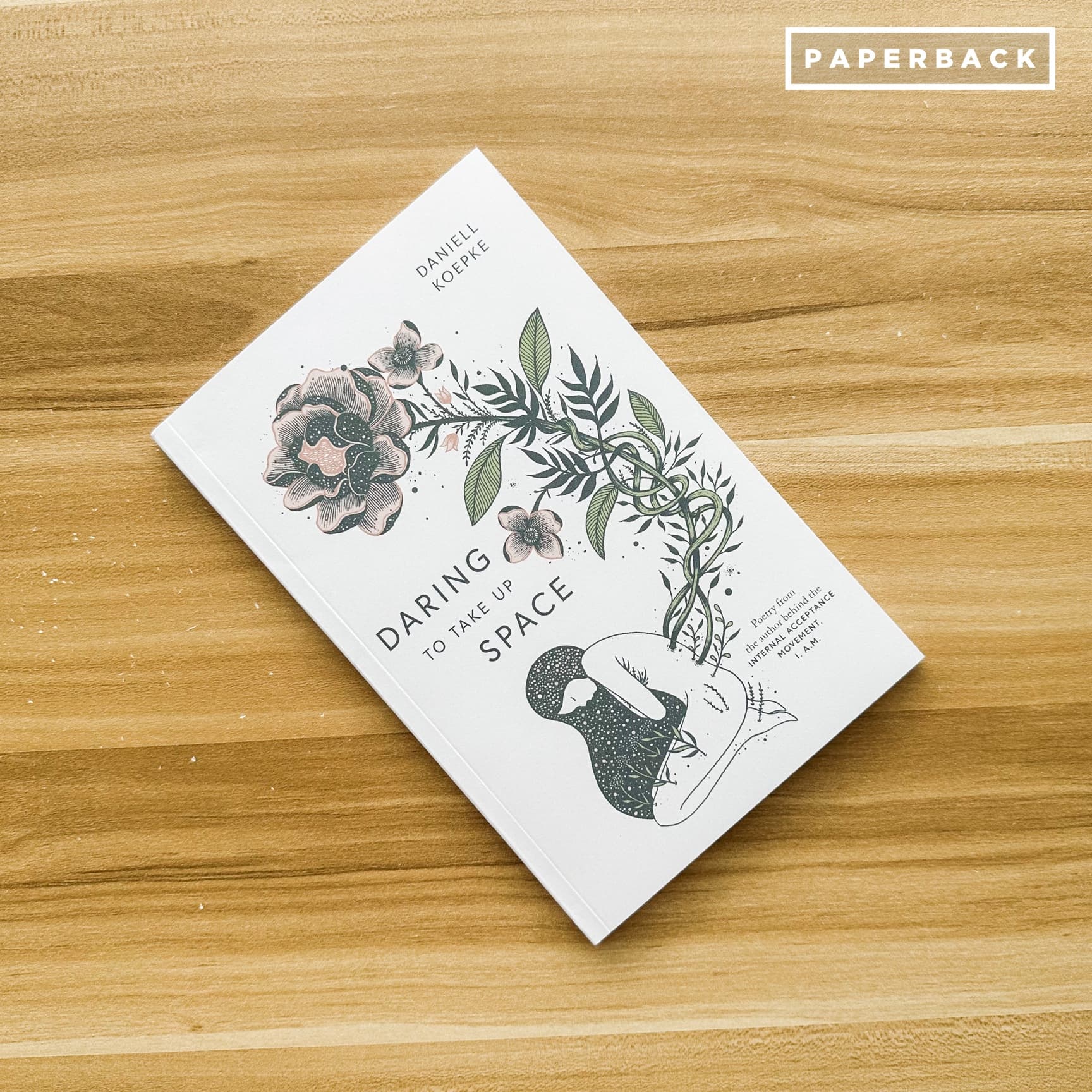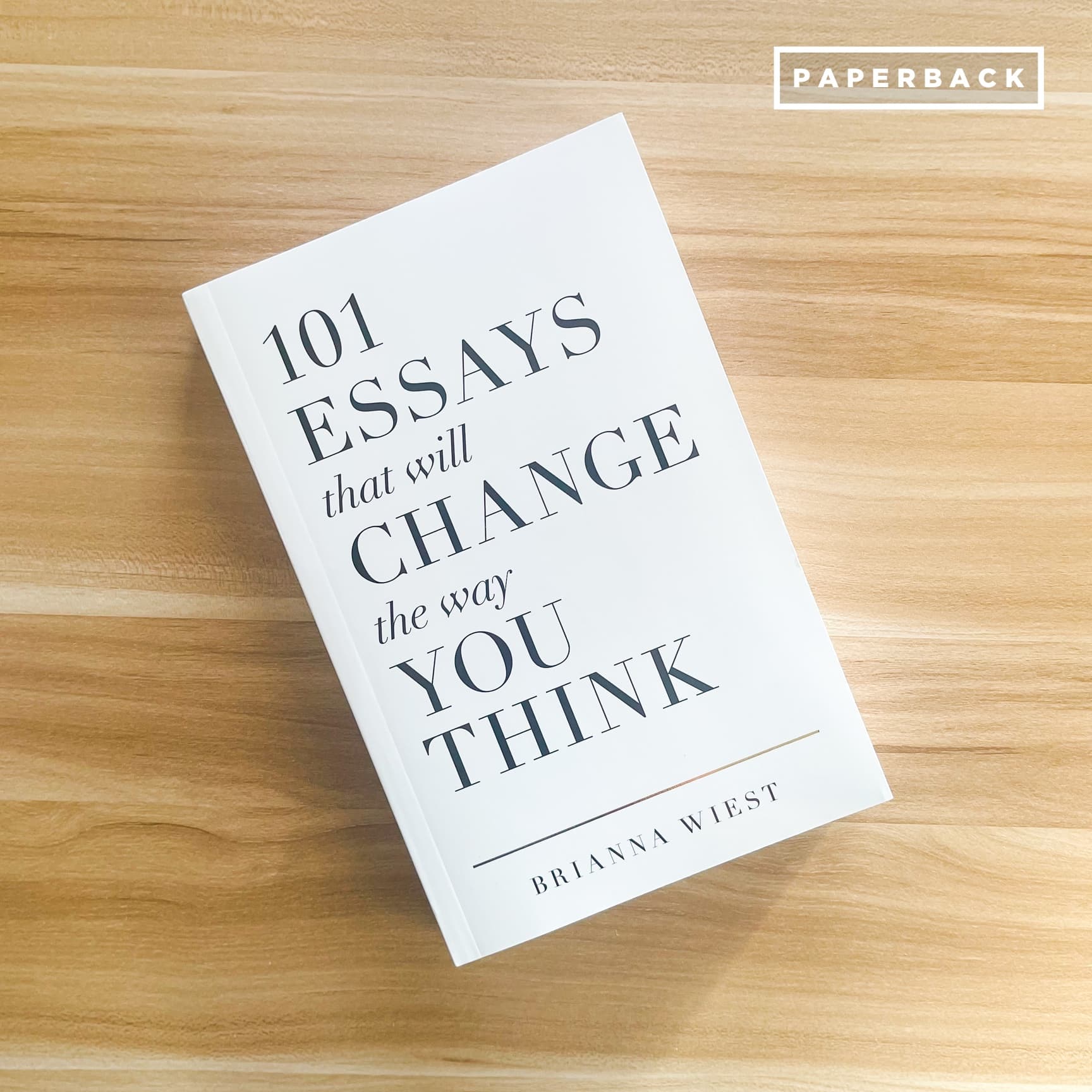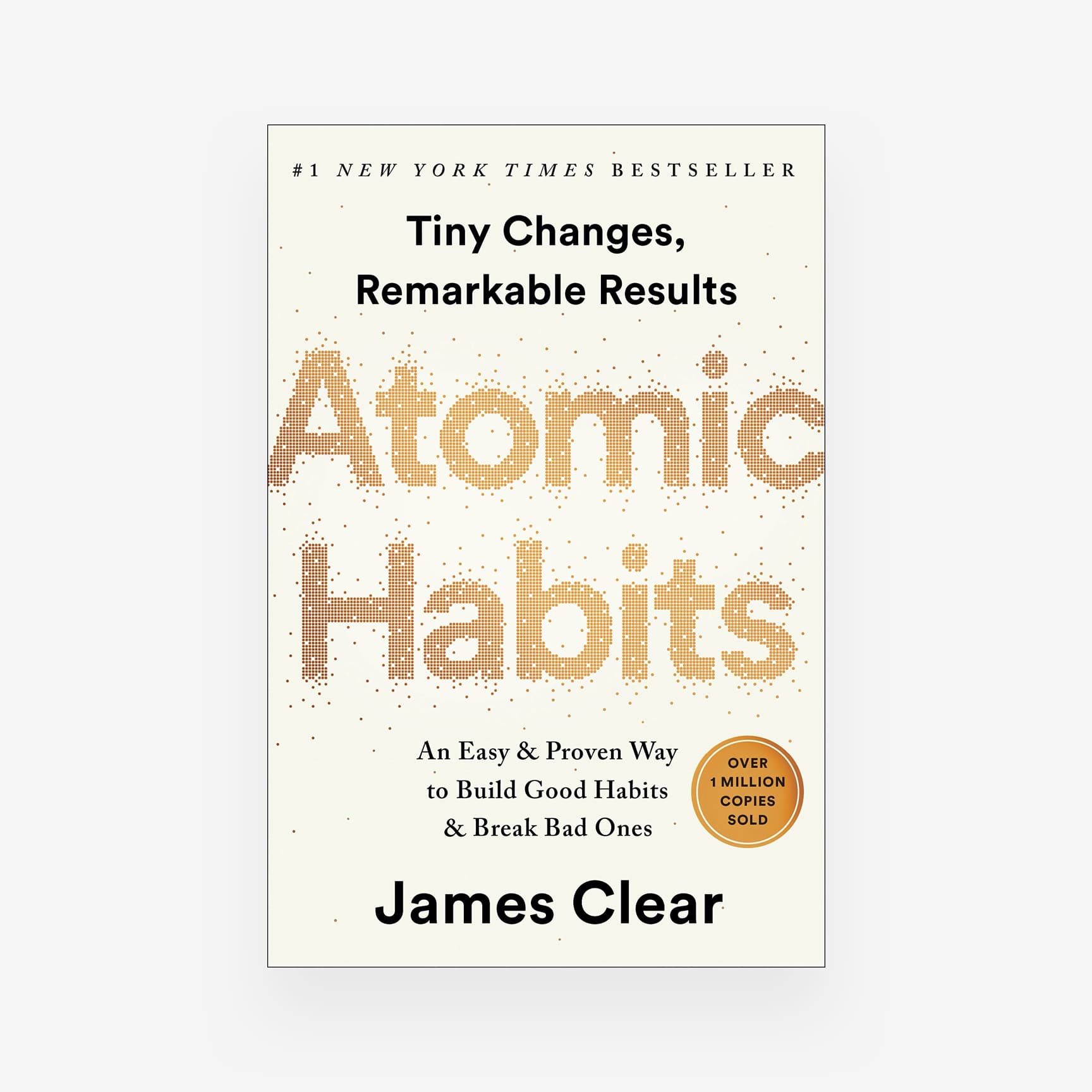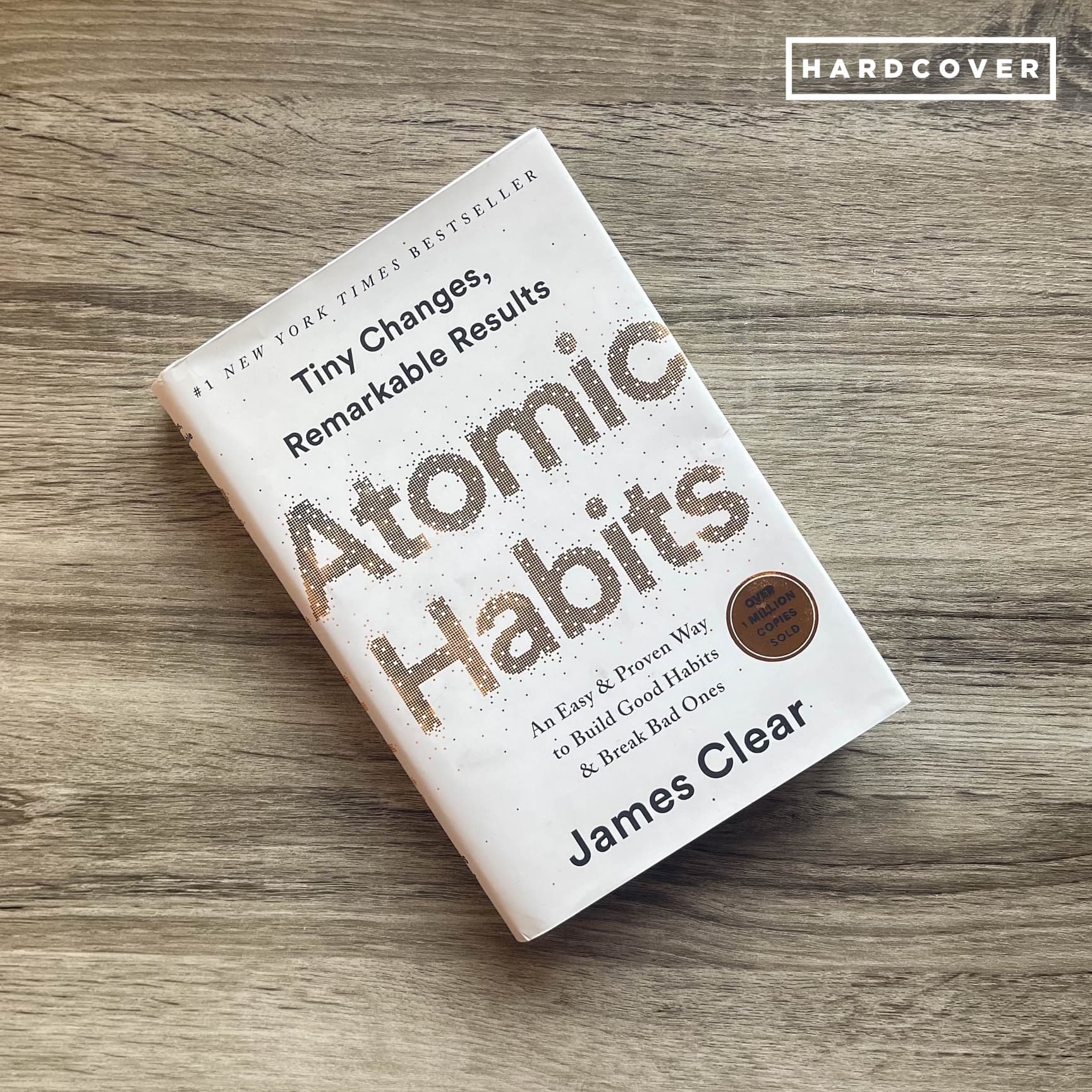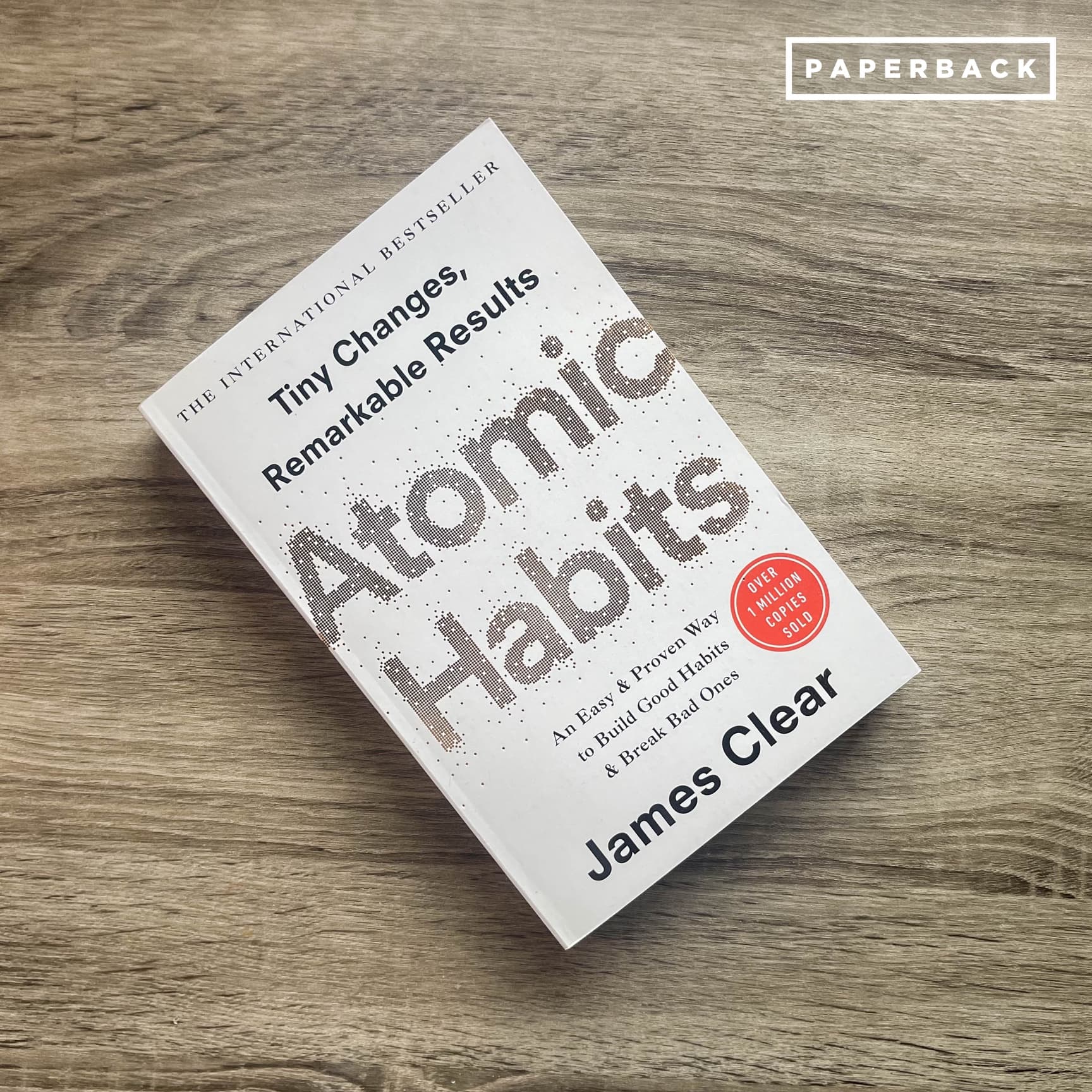If you’ve landed here wondering how to cure your depression, I want you to know something up front: you are not alone. I’ve been there. And when I say “there,” I mean the fog, the heaviness, the emptiness—even on days that looked perfectly fine from the outside.
Depression can feel like you're walking through quicksand with no clear path out. You might be searching for a “cure,” something to snap you out of it once and for all. But the truth is, healing from depression isn’t about flipping a switch. It’s about taking small, consistent steps that lead you toward light—steps backed by science, and shaped by real, lived experiences.
In this article, I’ll share ten research-supported ways to start healing from depression. They’re not magic bullets, but they are meaningful tools. I’ve tried many of them myself, and they’ve made a difference. I hope they do the same for you.
1. Talk to a Mental Health Professional
Let’s begin with the most important step: don’t do this alone.
Depression is a medical condition—not a personal failure. Just like you’d see a doctor for a broken bone, seeing a therapist or psychiatrist for depression is a powerful act of self-care.
Cognitive Behavioral Therapy (CBT) is one of the most effective treatments, supported by hundreds of studies. It helps you identify and change negative thought patterns, while medications like SSRIs or SNRIs can restore the chemical imbalances that often contribute to depressive symptoms.
In many cases, therapy and medication combined work better than either alone. And if one therapist or treatment doesn’t help, it’s okay to try another. Healing is not one-size-fits-all.
2. Move Your Body—Even Just a Little
When you’re depressed, even getting out of bed can feel impossible. But physical activity can be one of the most effective mood boosters.
According to Harvard Medical School, regular exercise increases endorphins and neurotransmitters like dopamine and serotonin—chemicals that often run low in people with depression.
You don’t have to hit the gym. Start small:
-
A short walk around the block
-
Stretching for five minutes
-
Dancing to one song you like
Think of movement not as a task, but as a signal to your body that you’re still fighting—and still worthy of healing.
3. Get Sunlight (or a Substitute)
Sunlight plays a huge role in regulating mood. It helps your body produce vitamin D, and also helps manage melatonin and serotonin—key chemicals for emotional well-being.
A study in JAMA Psychiatry found that people with lower sunlight exposure had significantly higher rates of depression. Try to get at least 10–30 minutes of natural light each day, especially in the morning.
If sunlight isn’t an option (due to weather or your schedule), a light therapy lamp can help mimic natural light and boost mood—especially helpful for those with Seasonal Affective Disorder (SAD).
4. Stick to a Simple Routine
Depression can throw your internal rhythm completely off. Days blur together, motivation disappears, and everything feels meaningless. That’s why a basic, repeatable routine can help restore structure and reduce decision fatigue.
Start with just 2–3 anchors in your day:
-
Wake up at the same time
-
Eat one meal mindfully
-
Do one small task (like a shower or a short walk)
Don’t aim for perfection—aim for consistency. Routines give your brain something to rely on when everything else feels unpredictable.
5. Eat Foods That Support Brain Health
Depression affects the brain—and what you eat plays a key role in how your brain functions.
According to a study in The Lancet Psychiatry, diets rich in whole foods (vegetables, fruits, legumes, whole grains, nuts, and fish) are associated with a lower risk of depression, while highly processed diets are linked to worse outcomes.
Some depression-friendly nutrients include:
-
Omega-3 fatty acids (found in salmon, flaxseed, walnuts)
-
B vitamins (like folate and B12)
-
Magnesium (leafy greens, bananas, avocados)
-
Probiotics (yogurt, kimchi, sauerkraut)
Start small—try adding one nourishing food to your plate each day.
6. Get Quality Sleep
Sleep and depression have a complicated relationship. Depression can cause insomnia or hypersomnia—and poor sleep can worsen depression.
The CDC recommends 7–9 hours of quality sleep per night for adults. To improve your sleep:
-
Keep a regular bedtime
-
Avoid screens 1 hour before sleep
-
Limit caffeine and alcohol
-
Use calming rituals like reading, journaling, or herbal tea
You deserve rest—not just physically, but emotionally.
7. Challenge Your Inner Critic
Depression often comes with a cruel, relentless voice in your head—telling you you’re worthless, lazy, or broken. That voice lies.
Cognitive distortions are common in depression. These are exaggerated or irrational thought patterns, such as:
-
“Nothing will ever get better.”
-
“I’m a burden to everyone.”
-
“If I don’t do everything perfectly, I’m a failure.”
Therapy helps with this, but even on your own, you can start by noticing and questioning these thoughts. Ask:
-
“Is this thought 100% true?”
-
“Would I say this to someone I love?”
-
“What’s a kinder, more balanced way to look at this?”
It takes practice. But over time, you can rewrite your inner dialogue.
8. Connect with People (Even if You Don’t Feel Like It)
Depression isolates. It tells you to withdraw, go quiet, and disappear. But connection—even in small doses—can be healing.
You don’t have to fake happiness or be “fun.” Just send a message. Sit with someone silently. Tell a close friend what’s going on, if you feel safe.
A landmark study by psychologist Julianne Holt-Lunstad found that strong social connections increase your odds of survival by 50%, making social support as important to health as quitting smoking.
You don’t have to open up to everyone. But find your people. Let them walk with you, even in silence.
9. Do Something Small That Brings Joy
Joy can feel impossible when you’re depressed. But even the tiniest spark—something sensory, creative, or nostalgic—can help remind you that life still has color.
Try:
-
Listening to a song that once moved you
-
Watching your favorite childhood movie
-
Watering a plant
-
Painting, baking, doodling, or building something
These moments aren’t about productivity. They’re about connection—to your senses, your memories, and your capacity to feel.
10. Be Patient with Yourself
This may be the hardest part.
You won’t feel better overnight. Some days will be harder than others. But healing is not a straight line. It’s more like waves—some crashing, some gentle, all part of the process.
You are not weak for struggling. You are strong for staying.
Every effort you make—every step, breath, and choice to keep going—counts. Depression may lie and say nothing matters, but your recovery does. And you do, too.
Healing Is Not a Quick Fix—It’s a Daily Act of Courage
You might not be able to “cure” depression in the way people cure a cold. But you can heal from it. You can live with it. You can thrive, even when it whispers you can’t.
Start small. Stay consistent. Ask for help. And remember that healing isn’t linear, but it is possible.
You are not broken. You are becoming.
And that, in itself, is a powerful kind of hope.


